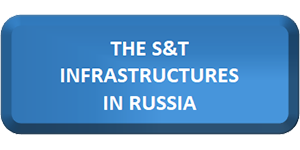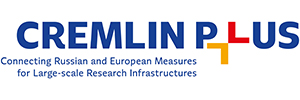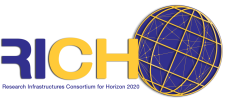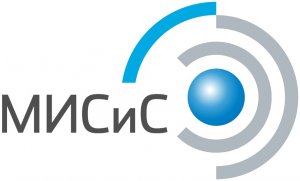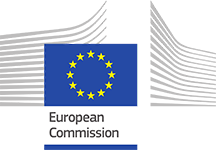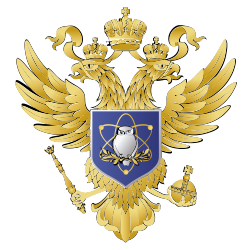CREMLIN plus
EU and Russian researchers develop new software to help coordinate Europe's marine data
With the help of a Russian marine research institute, the EU-funded SeaDataCloud project is further developing infrastructure built to better manage the collection and organisation of marine data across Europe.
Having ready access to marine data is of vital importance for marine research. However, due to the fragmentation of the current marine observing system, getting access can be a challenge. For example, Europe and its neighbouring countries have more than 600 governmental organisations and private labs collecting marine data. Although massive amounts of data are being collected by vessels, submarines, fixed and drifting platforms, aeroplanes and satellites, the data are neither accessible nor standardised – while their validity and security are often questionable.
To remedy this, the EU-funded SeaDataCloud project brought together 111 data centres from countries bordering Europe’s seas and oceans. These data centres all share a commitment to developing a standardised infrastructure for managing the collection and organisation of marine data.
Read more: EU and Russian researchers develop new software to help coordinate Europe's marine data
Roadmap for EU - Russia S&T cooperation 2018
The document was adopted in October 2018
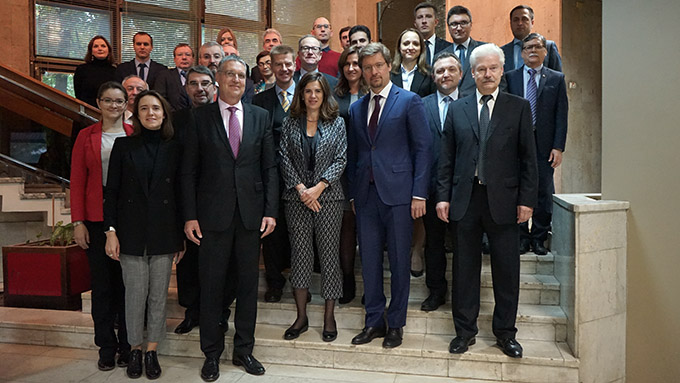
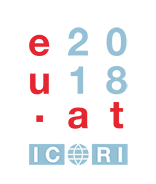
International Conference for Research Infrastructures 2018
Participants from more than 50 countries took part in the International Conference for Research Infrastructures (ICRI) 2018.
Speakers representing high-level stakeholders from across the globe and high profile institutions intervened in the debate.
Website: https://www.icri2018.at/


